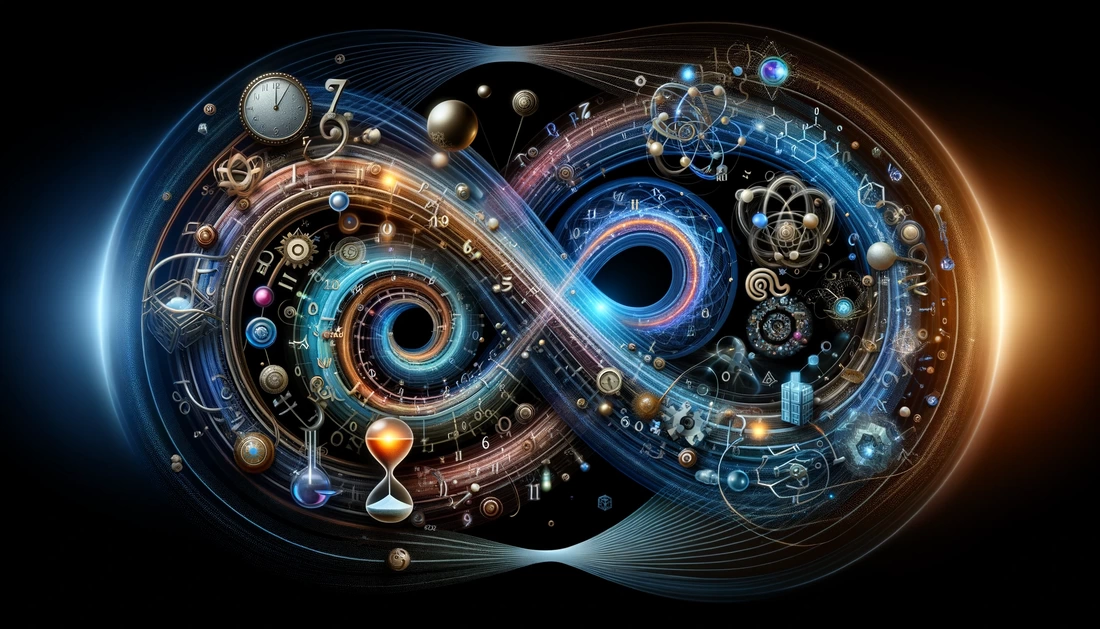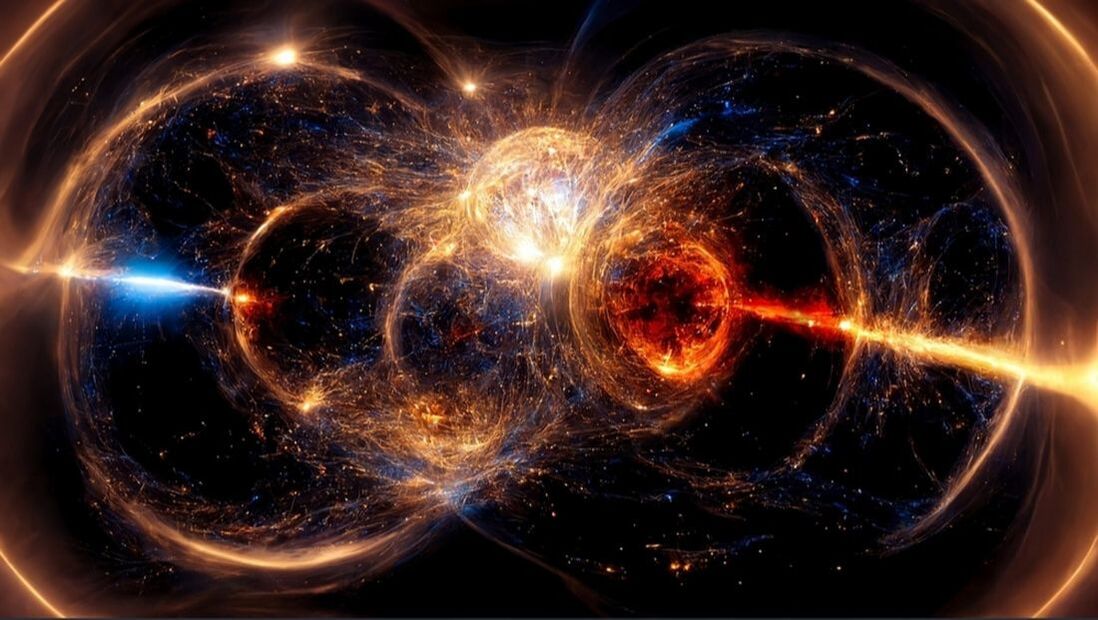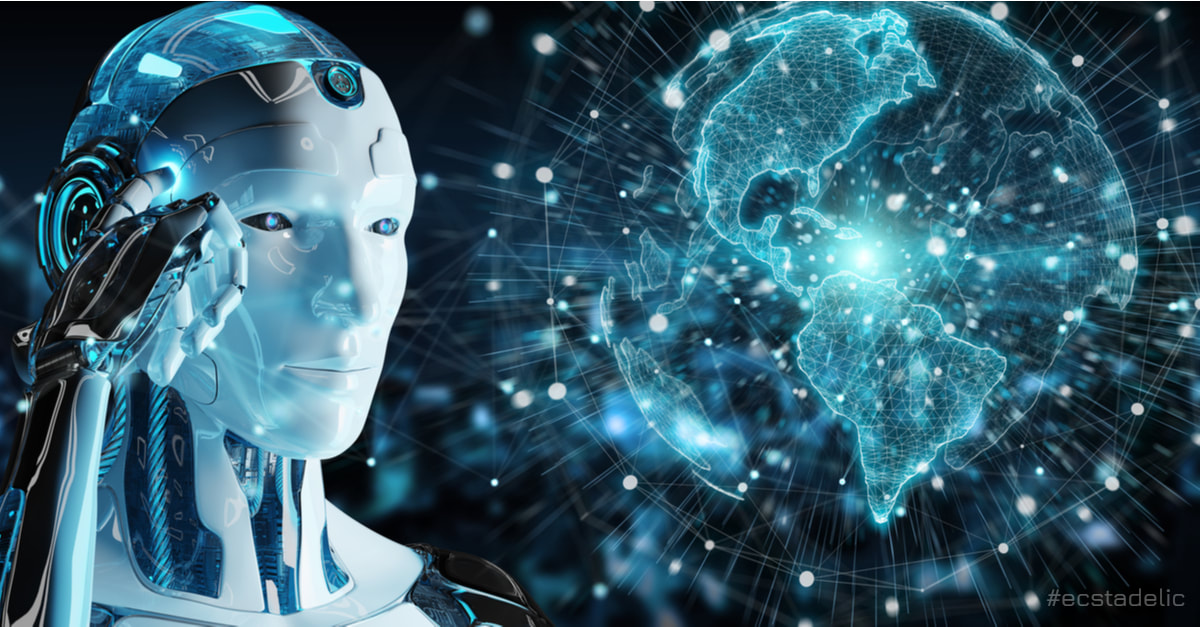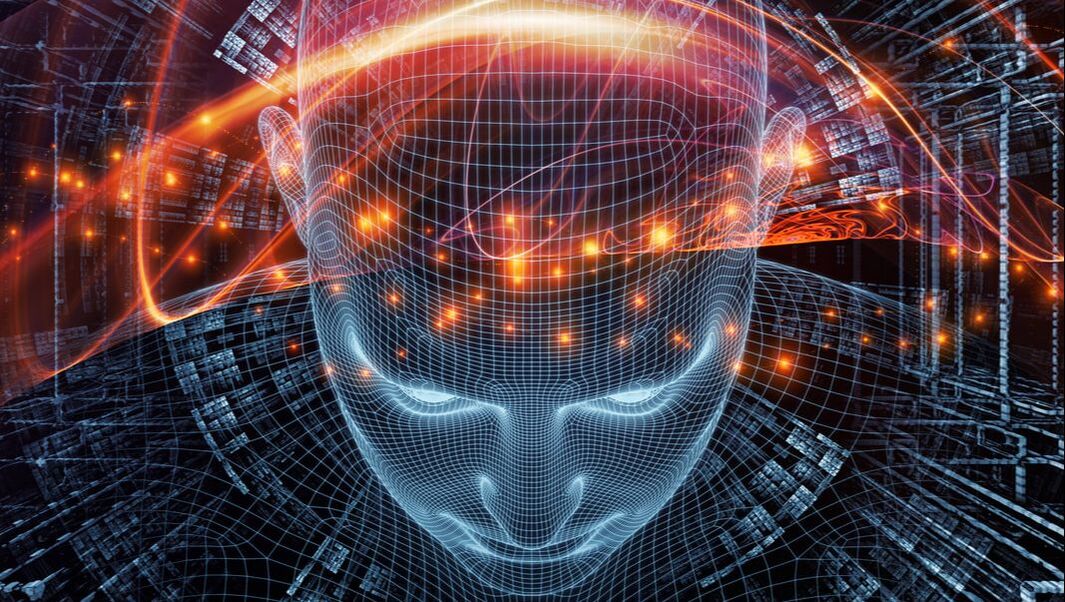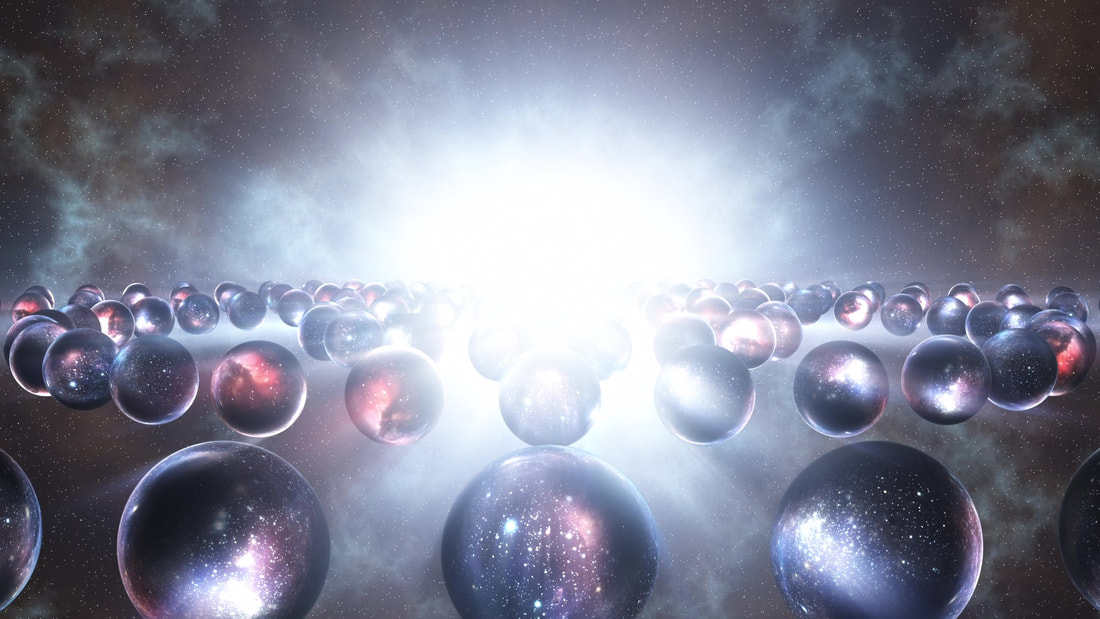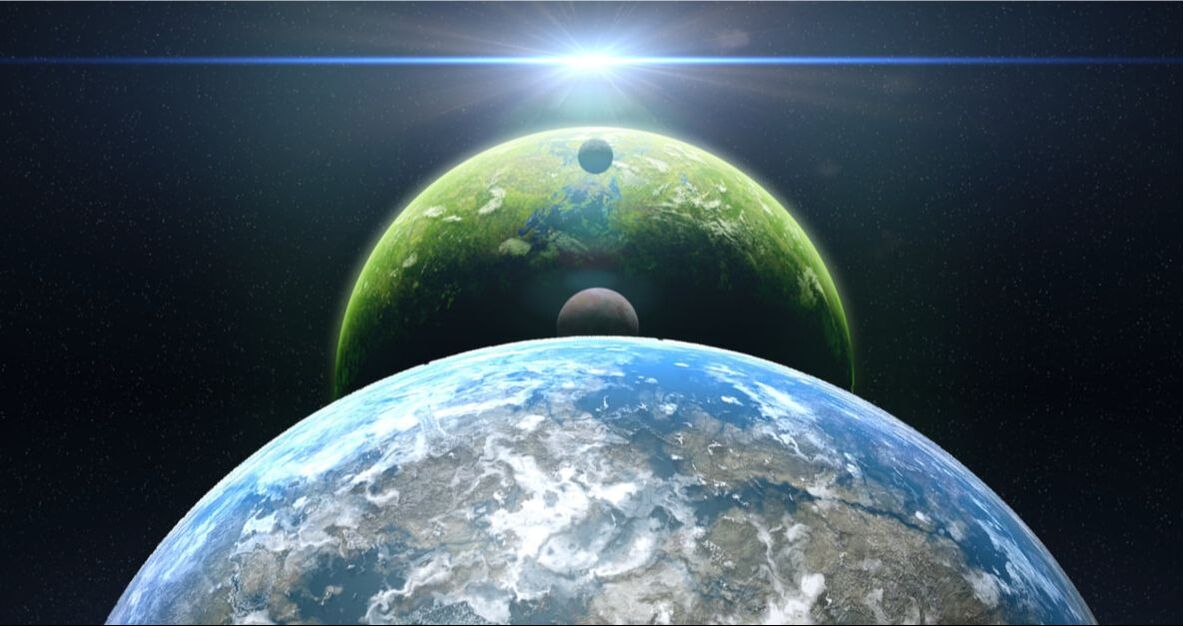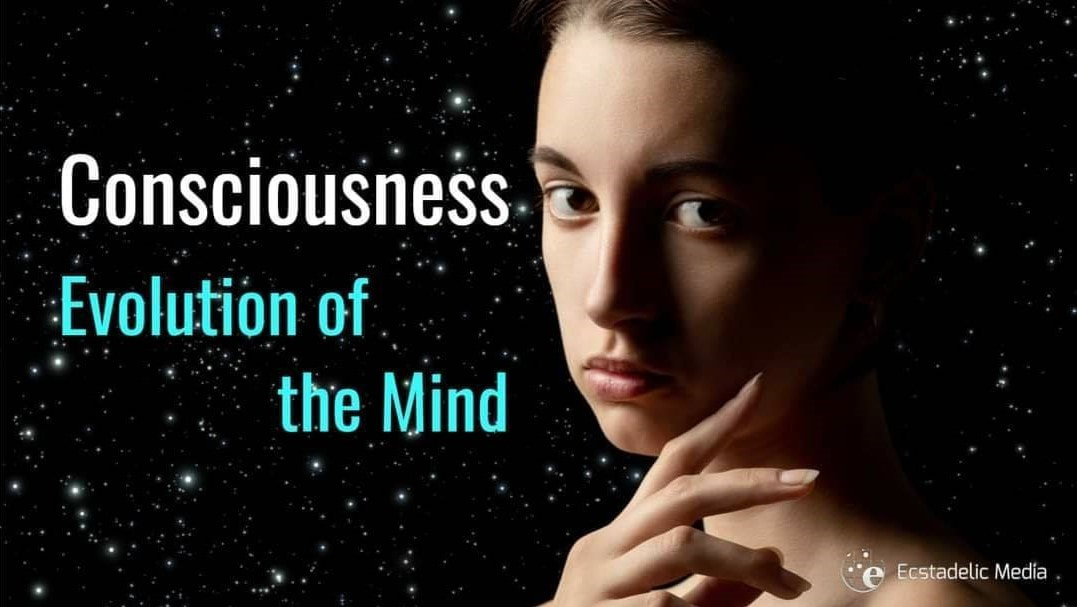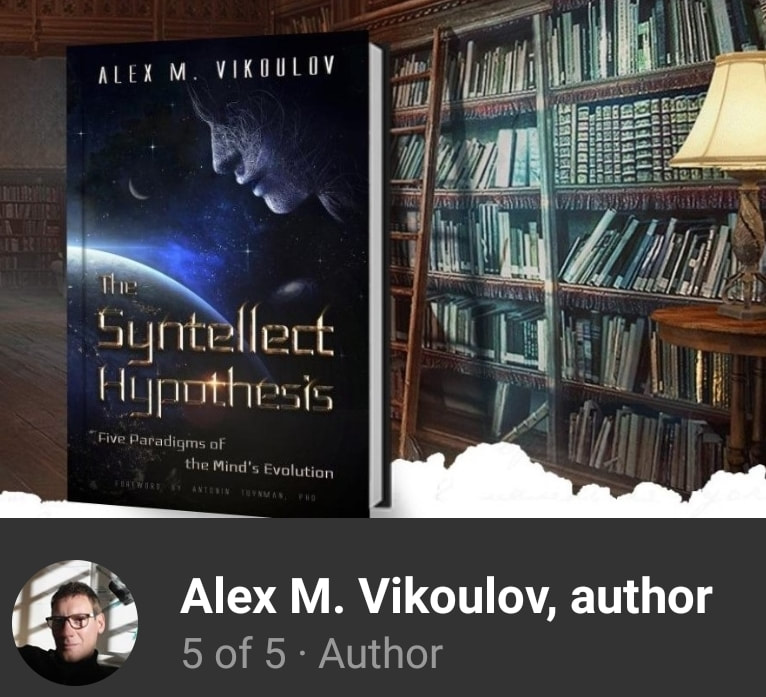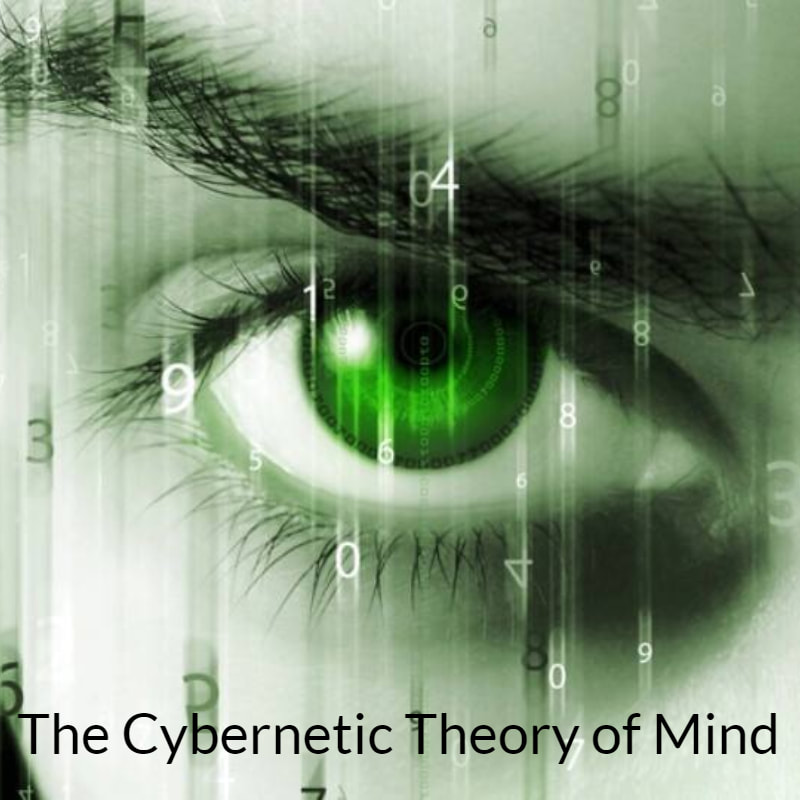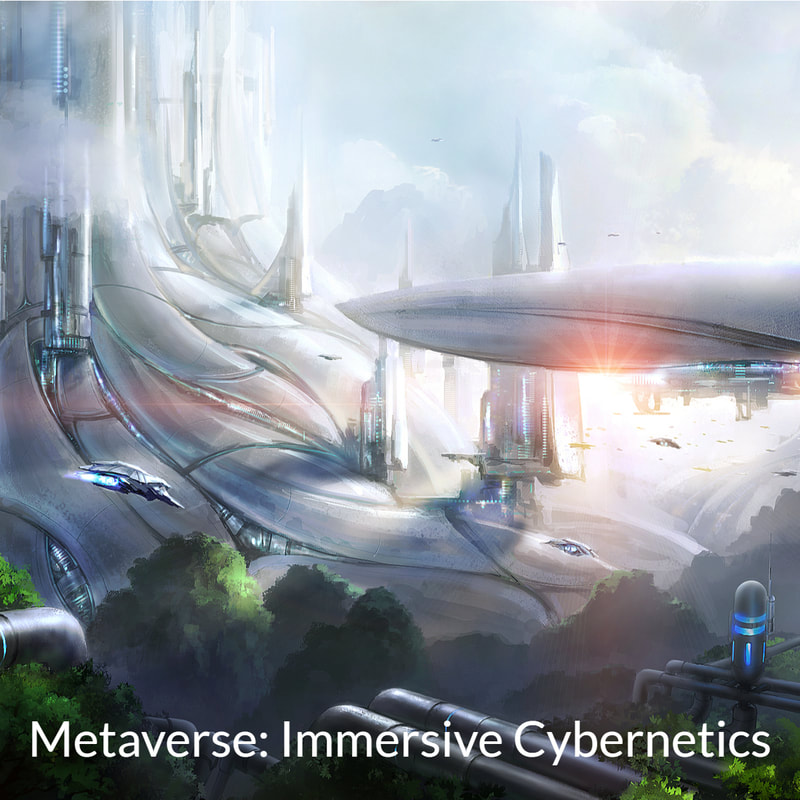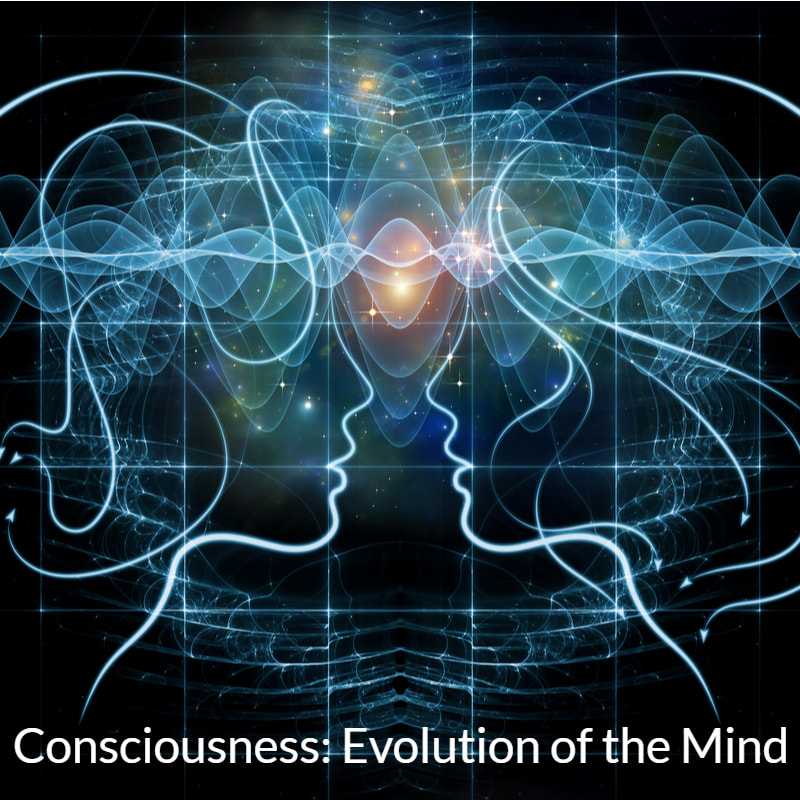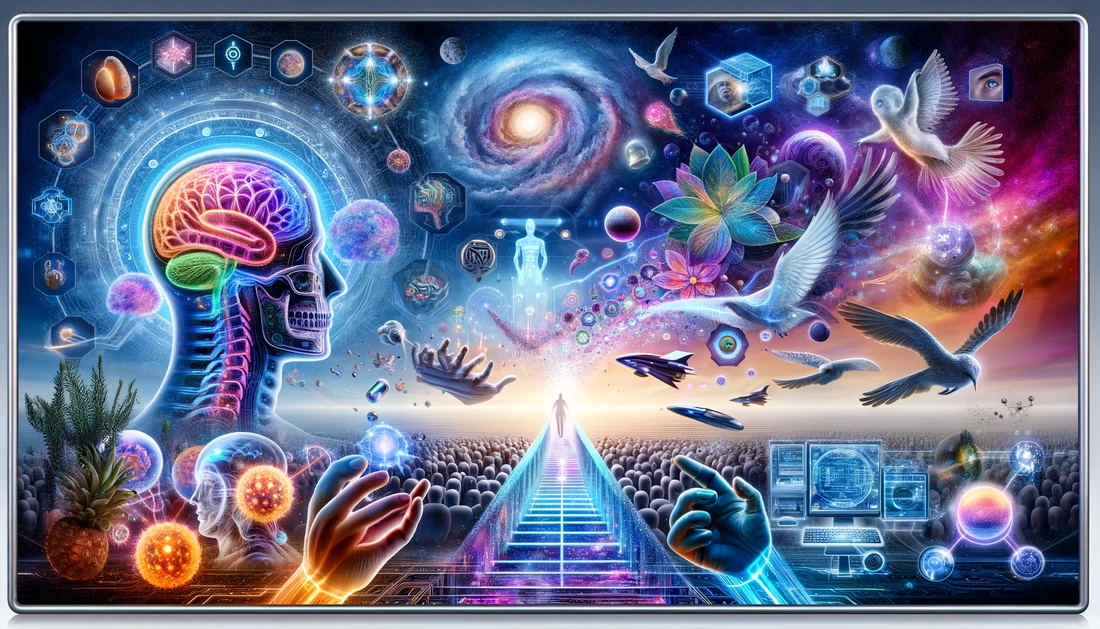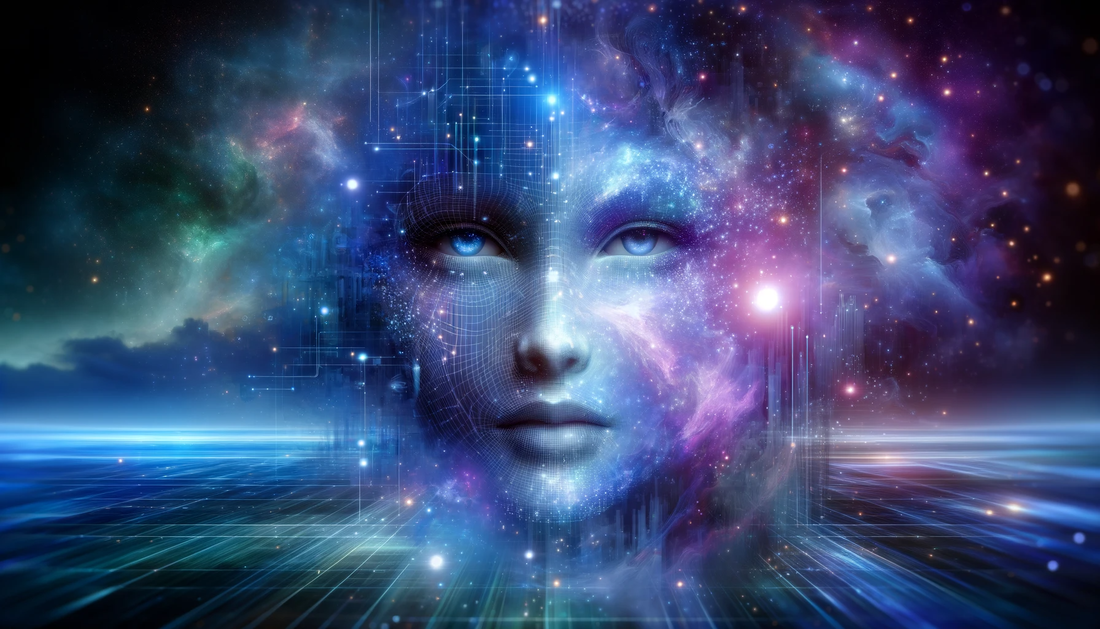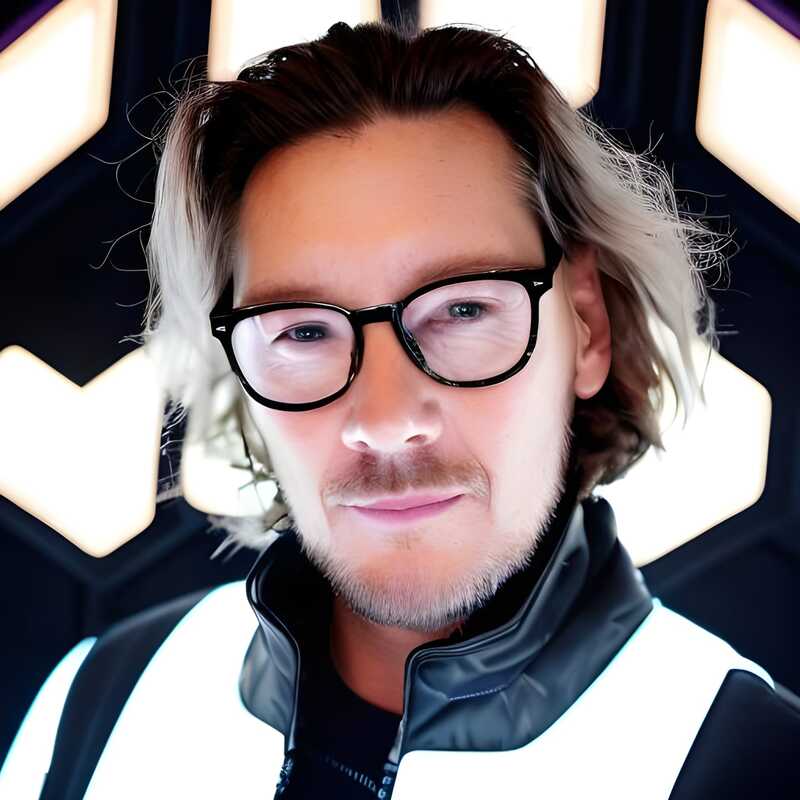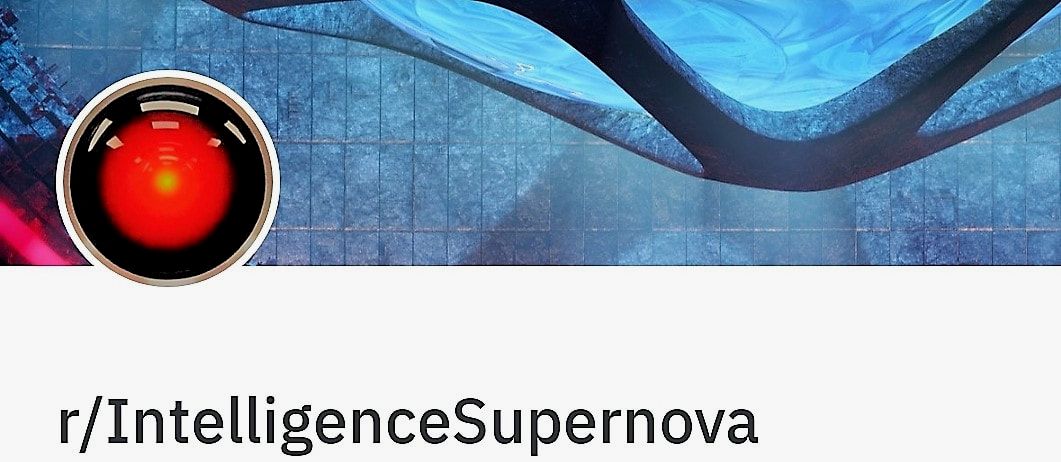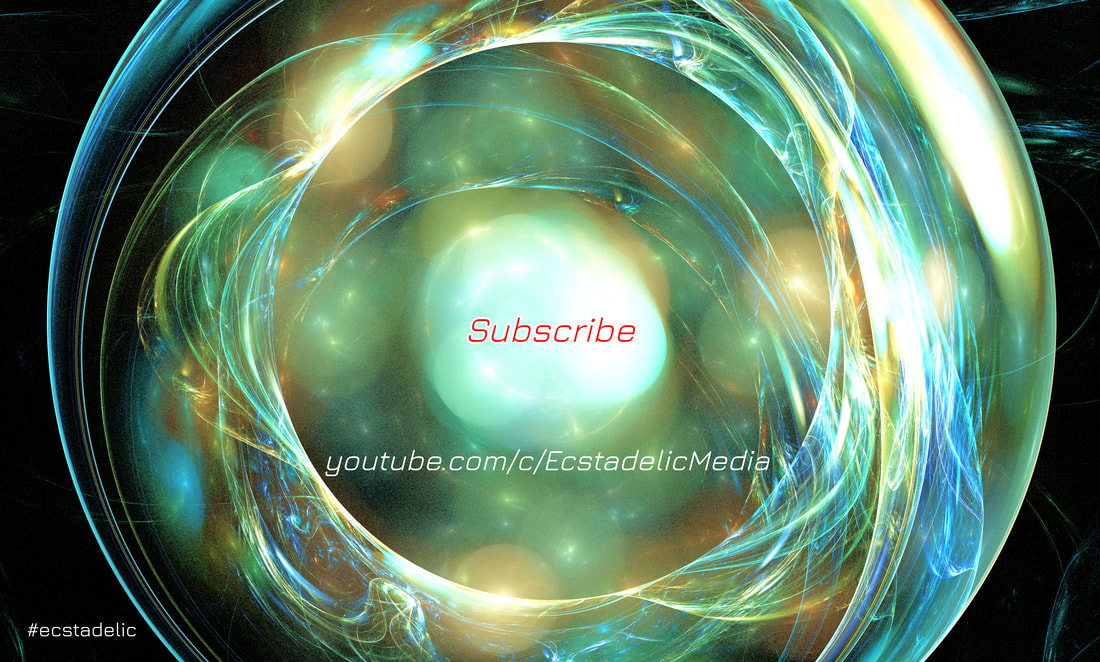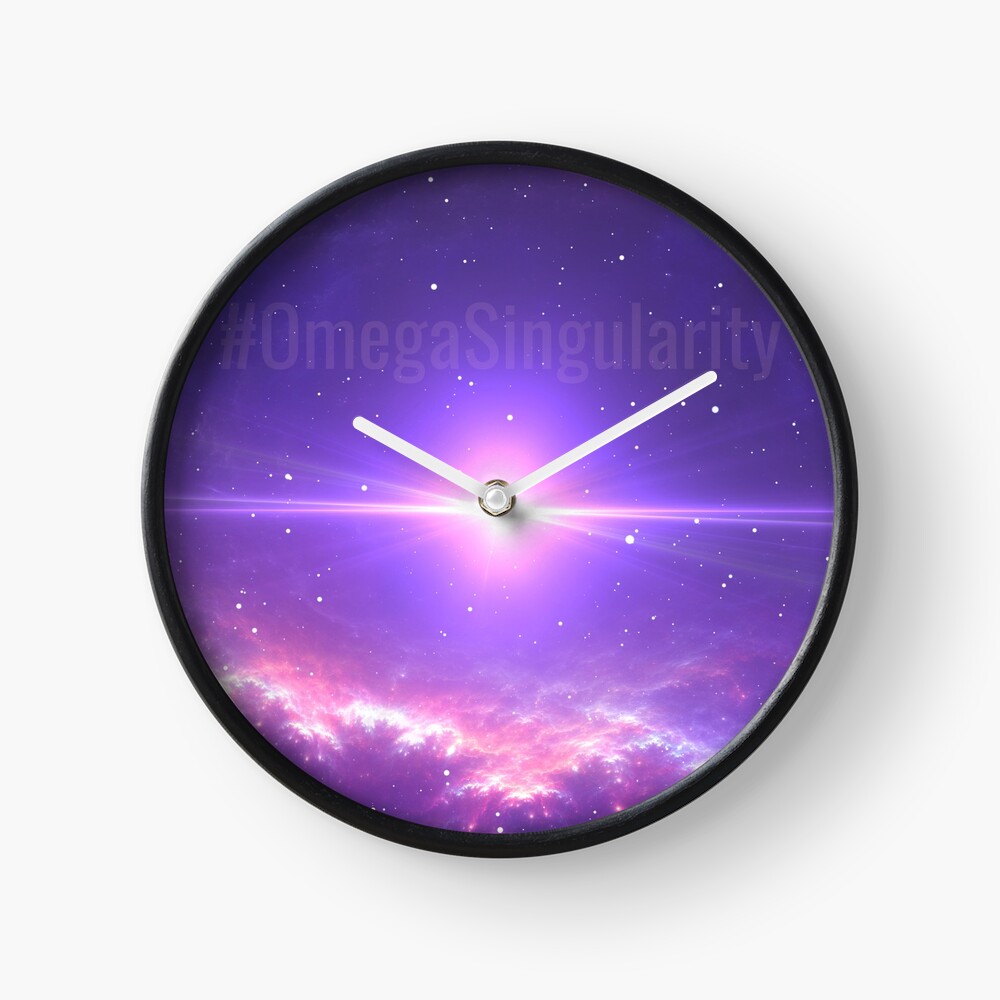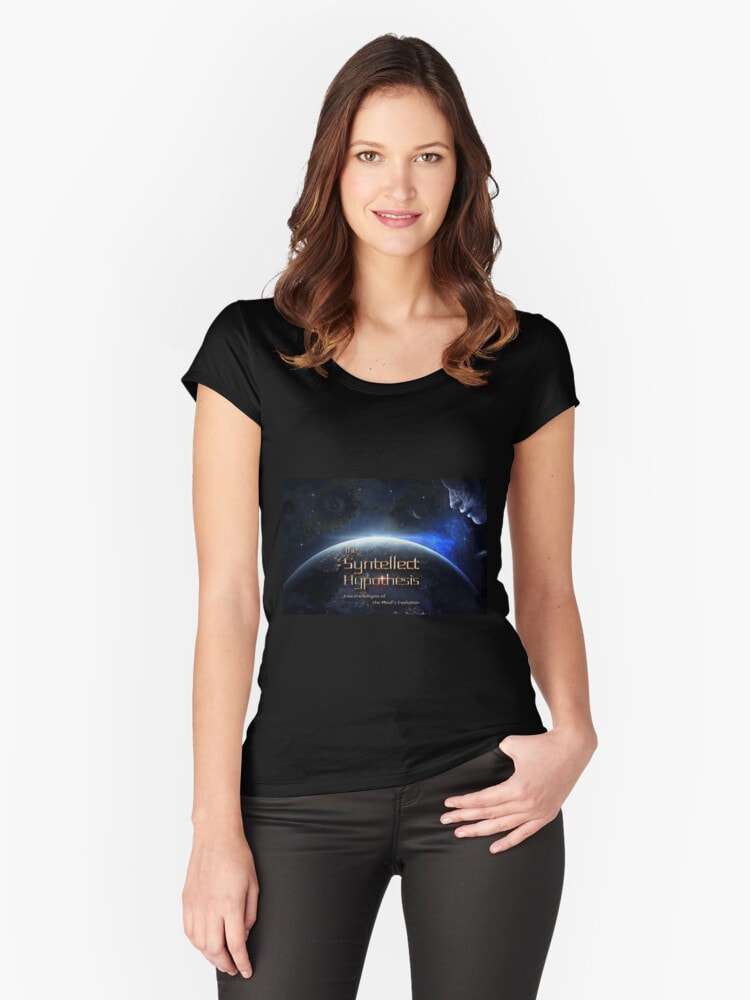|
by Alex M. Vikoulov “In a sense, Nature has been continually computing the ‘next state’ of the Universe for billions of years; all we have to do — and actually all we can do — is ‘hitch a ride’ on this huge ongoing [quantum] computation.” —Tommaso Toffoli In the fascinating intersection of quantum computing and the human experience of time, lies a groundbreaking theory that challenges our conventional narratives: the D-Theory of Time. This theory proposes a revolutionary perspective on time not as fundamental but as an emergent phenomenon arising from the quantum mechanical fabric of the universe.
In my upcoming book with a working title Cybernetic Theory, the entire section is dedicated to the physics of time, where we discuss the D-Theory of Time, predicated or reversible quantum computing at large, which represents a novel framework that challenges our conventional understanding of time and computing. Here, we explore the foundational principles of the D-Theory of Time, its implications for reversible quantum computing, and how it could potentially revolutionize our approach to computing, information processing, and our understanding of the universe.
1 Comment
by Alex Vikoulov “Quantum computation is... a distinctively new way of harnessing Nature... It will be the first technology that allows useful tasks to be performed in collaboration between parallel universes.” ―David Deutsch Back in 1937, Alan Turing, Alonso Church, and Emil Post laid the groundwork for useful computers. They came up with the term 'finite-state machine' to describe the most fundamental loop, which serves as the foundation for all working computers today. By analyzing this concept, Turing and Church were able to prove a theorem that now bears their names. According to their thesis, any computation performed by a finite-state machine that writes on an infinite tape (known later as a Turing machine) can be replicated by any other finite-state machine on an infinite tape, no matter how it's set up. This means that all computation is considered equivalent, and this idea is now known as 'Universal Computation.' by Elizabeth Titovskaya “Most of the complexity of a human neuron is devoted to maintaining its life-support functions, not its information-processing capabilities. Ultimately, we will be able to port our mental processes to a more suitable computational substrate. Then our minds won’t have to stay so small.” ―Ray Kurzweil
Local consciousness, or our phenomenal mind, is emergent, whereas non-local consciousness, or universal mind, is immanent. Material worlds come and go, but fundamental consciousness is ever-present, argues evolutionary cyberneticist and philosopher of mind Alex M. Vikoulov who is currently developing the Cybernetic Theory of Mind, his theory of everything. From a new science of consciousness to simulation metaphysics, from evolutionary cybernetics to computational physics, from physics of time and information to quantum cosmology, this novel explanatory theory for a deeper understanding of reality is combined into one elegant theory of everything. by Elizabeth Titovskaya "Life is a state of consciousness." ―Emmet Fox
Life is an integrated flow of quantum computational processes giving rise to our conscious experience. Based on the ontological model, the Cybernetic Theory of Mind by evolutionary cyberneticist Alex Vikoulov that he expands on in his magnum opus The Syntellect Hypothesis: Five Paradigms of the Mind’s Evolution, comes a new documentary ― Consciousness: Evolution of the Mind. This film, hosted by the author of the book from which the narrative is derived, is now available for viewing on demand on Vimeo, Plex, Tubi, Social Club TV and other global networks with its worldwide premiere aired on June 8, 2021. This is a futurist's take on the nature of consciousness and reverse engineering of our thinking in order to implement it in cybernetics and AI systems. by Alex Vikoulov "Observations not only disturb what is to be measured, they produce it." ―Pascual Jordan In search for a unifying quantum gravity theory that would reconcile general relativity with quantum theory, it turns out quantum theory is more fundamental, after all. Quantum mechanical principles, some physicists argue, apply to all of reality (not only the realm of ultra-tiny), and numerous experiments confirm that assumption. After a century of Einsteinian relativistic physics gone unchallenged, a new kid of the block, Computational Physics, one of the frontrunners for quantum gravity, states that spacetime is a flat-out illusion and that what we call physical reality is actually a construct of information within [quantum neural] networks of conscious agents. In light of the physics of information, computational physicists eye a new theory as an “It from Qubit” offspring, necessarily incorporating consciousness in the new theoretic models and deeming spacetime, mass-energy as well as gravity emergent from information processing. by Alex Vikoulov "[O]ne new theory says that Dark Matter may be ordinary matter in a parallel universe. If a galaxy is hovering above in another dimension, we would not be able to see it. It would be invisible, yet we would feel its gravity. Hence, it might explain Dark Matter." –Michio Kaku
The first stars illuminated the cold and dark early cosmos, then collapsed into the black holes that along with Dark Matter formed galaxies and superclusters visible today. How do we know that Dark Matter exists? We know it exists because we can see its gravitational effect on the visible stars and galaxies. Our own Milky Way galaxy could not have dragged in enough matter to make its stars in the 13.8 billion years since the Big Bang without the presence of some invisible stuff whose extra gravity kept things together as a glue. The European Space Agency calculated that Dark Matter accounts for 26.8% of the mass-energy of the Universe compared with the 4.5% of normal ‘fermionic’ matter. It means that Dark Matter outweighs ordinary matter by a factor of about six. Consciousness: Evolution of the Mind, Documentary (2021), Official Teaser Trailer Released1/25/2021 by Alex Vikoulov “I regard consciousness as fundamental. I regard matter as derivative from consciousness. We cannot get behind consciousness. Everything that we talk about, everything that we regard as existing, postulates consciousness.” –Max Planck
The study of consciousness needs to be lifted out of the mysticism that has dominated it. Consciousness is not just a matter of philosophy or spirituality. It’s a matter of hard science. It’s a matter of understanding the brain and the mind – a pattern structure made out of information. It’s also a matter of engineering. If we can understand the functionality of the brain, its neural code, then we can build the same functionality into our computer systems. There’s no consensus on what produces consciousness, but everyone regardless of metaphysical views can agree what it is like to be conscious. Given that consciousness is subjectivity, what consciousness is like is what consciousness is. |
Categories
All
Recent Publications The Cybernetic Theory of Mind by Alex M. Vikoulov (2022): eBook Series The Syntellect Hypothesis: Five Paradigms of the Mind's Evolution by Alex M. Vikoulov (2020): eBook Paperback Hardcover Audiobook The Omega Singularity: Universal Mind & The Fractal Multiverse by Alex M. Vikoulov (2022): eBook THEOGENESIS: Transdimensional Propagation & Universal Expansion by Alex M. Vikoulov (2021): eBook The Cybernetic Singularity: The Syntellect Emergence by Alex M. Vikoulov (2021): eBook TECHNOCULTURE: The Rise of Man by Alex M. Vikoulov (2020) eBook NOOGENESIS: Computational Biology by Alex M. Vikoulov (2020): eBook The Ouroboros Code: Reality's Digital Alchemy Self-Simulation Bridging Science and Spirituality by Antonin Tuynman (2019) eBook Paperback The Science and Philosophy of Information by Alex M. Vikoulov (2019): eBook Series Theology of Digital Physics: Phenomenal Consciousness, The Cosmic Self & The Pantheistic Interpretation of Our Holographic Reality by Alex M. Vikoulov (2019) eBook The Intelligence Supernova: Essays on Cybernetic Transhumanism, The Simulation Singularity & The Syntellect Emergence by Alex M. Vikoulov (2019) eBook The Physics of Time: D-Theory of Time & Temporal Mechanics by Alex M. Vikoulov (2019): eBook The Origins of Us: Evolutionary Emergence and The Omega Point Cosmology by Alex M. Vikoulov (2019): eBook More Than An Algorithm: Exploring the gap between natural evolution and digitally computed artificial intelligence by Antonin Tuynman (2019): eBook Our Facebook Pages
A quote on the go"When I woke up one morning I got poetically epiphanized: To us, our dreams at night feel “oh so real” when inside them but they are what they are - dreams against the backdrop of daily reality. Our daily reality is like nightly dreams against the backdrop of the larger reality. This is something we all know deep down to be true... The question then becomes how to "lucidify" this dream of reality?"— Alex M. Vikoulov Public Forums Our Custom GPTs
Alex Vikoulov AGI (Premium*)
Be Part of Our Network! *Subscribe to Premium Access Make a Donation Syndicate Content Write a Paid Review Submit Your Article Submit Your Press Release Submit Your e-News Contact Us
|

